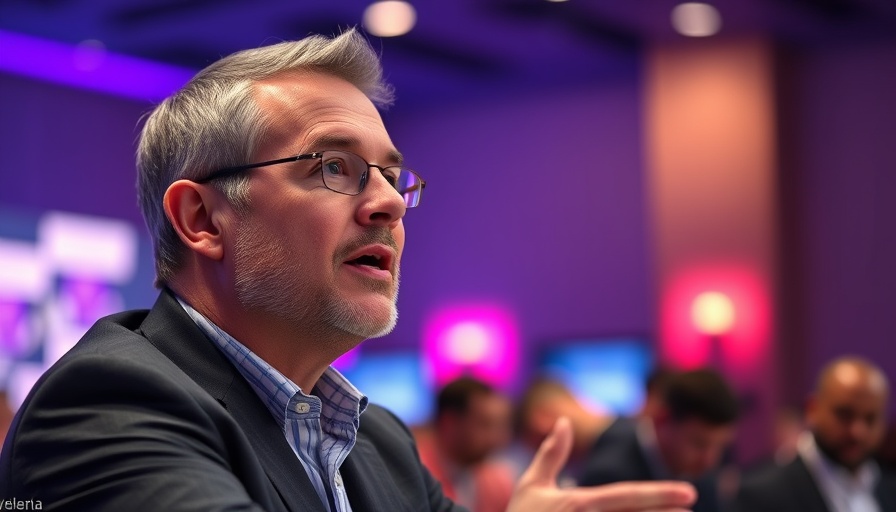
Why Klarna Is Reinvesting in Human Labor
Klarna's CEO, Sebastian Siemiatkowski, recently shared insights at the London SXSW about the evolving role of humans in customer service at his fintech company. Despite successfully integrating artificial intelligence (AI) to foster efficiency and financial growth—reducing the workforce from 5,500 to about 3,000—he emphasized the importance of human touch in customer interactions. Siemiatkowski posited that offering human customer service is akin to the premium one pays for handcrafted items versus mass-produced ones. This strategy reflects a broader trend in business: as companies emphasize efficiency through technology, there remains a substantial market demand for personalized, human-centric services.
The Dual Approach: AI and Human Workers
Siemiatkowski's vision resonates with many companies grappling with the balance of technology and human resources. He insists that the integration of AI should not eliminate opportunities for human workers but rather shift their focus towards roles that require emotional intelligence and strategic thinking. By directing AI to handle mundane tasks, Klarna aims to enhance the customer experience in a way that only human employees can achieve. This dual approach not only maintains employment but also cultivates a workforce that is adaptable to ever-changing technologies.
The Rise of Tech-Savvy Business Professionals
Another vital insight from the CEO’s speech involved the emerging trend of business professionals learning technical skills, particularly coding. With new technology shaping the business landscape, Siemiatkowski remarked that engineers will need to become more business-savvy. This push for blending technical proficiency with business acumen indicates a future where cross-functional knowledge is highly valued. As the industry evolves, those equipped with both technical skills and business insight stand to become increasingly vital to companies like Klarna.
Leveraging AI for Personal Growth
Interestingly, Siemiatkowski shared his personal experience using AI tools like ChatGPT to enhance his own coding abilities and data management understanding. By employing AI as a learning tool, he has been able to alleviate the gap in his knowledge surrounding database discussions at Klarna. This reflects a growing trend where executives and professionals utilize AI for upskilling, allowing them to stay competitive and informed in an increasingly digital world.
Challenges and Future Predictions
While the benefits of integrating AI and retaining human workers are clear, there are challenges to consider. The transition towards a technology-driven environment often leads to uncertainty about job security, skills redundancy, and corporate restructuring. Siemiatkowski acknowledges these challenges but firmly believes that human connection in customer service will always maintain its value. This perspective propels a vision of a business environment where technology supports human endeavor rather than replaces it.
Conclusion: Embracing Change in Customer Service
Klarna’s CEO illustrates a compelling narrative about the balance between AI efficiency and human interaction. As we watch the fintech space evolve, the emphasis on VIP human customer service is not just a strategy but a commitment to enhancing the customer experience. Siemiatkowski's insights encourage other companies to consider how they can blend technology with human touch to maintain competitive advantages in their service delivery.
 Add Row
Add Row  Add
Add 




 Add Row
Add Row  Add
Add 

Write A Comment